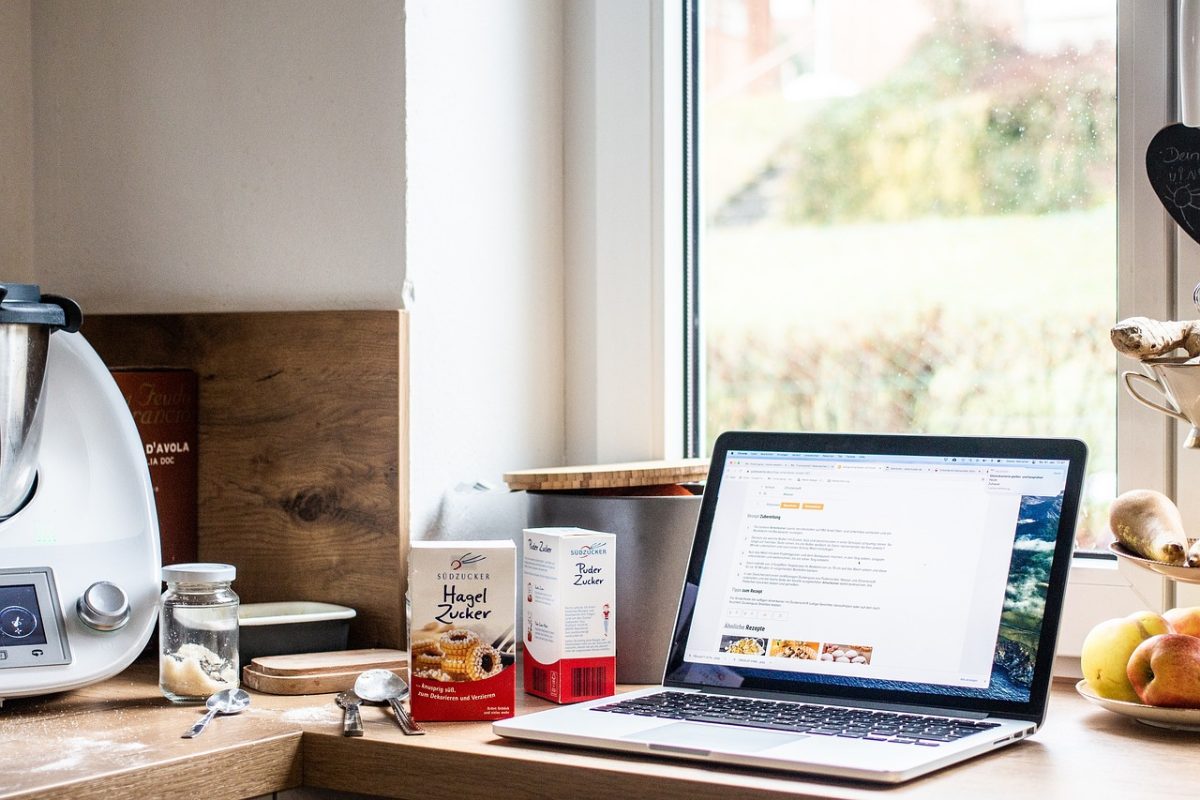We’ve all been there. You Google a recipe, click on a link, and before you get to the ingredients, you’re wading through paragraphs about a blogger’s grandmother, a childhood trip to Italy, or the precise moment they fell in love with cinnamon. If you’re in a rush, it’s tempting to sigh and scroll past, searching for that elusive “Jump to Recipe” button. But what if those seemingly endless anecdotes serve a deeper purpose than just testing your patience?
In an age where AI tools like “Recipe Cleaner” promise to strip away everything but the essentials, we need to ask: What do we lose when we reduce recipes to just a list of steps? Turns out, quite a lot!
Food is never just about sustenance, as it’s a vessel for history, identity, and personal memory. The stories that accompany recipes aren’t filler; they’re context. When a home cook shares a dish, they aren’t just handing over instructions, they’re passing down traditions. Consider the difference between reading “2 cups of flour, 1 teaspoon of salt” and learning that a particular bread recipe has been baked in someone’s family for generations, surviving wars, migrations, and hardships. That background transforms a simple loaf into a piece of living history. By demanding bare-bones recipes, we risk stripping food of its cultural weight. A dish isn’t just about what goes into it; it’s about who made it, where it comes from, and why it matters. This ties directly into another crucial factor: the economic reality of food blogging.
Let’s be honest: most recipe websites are covered in ads. It’s annoying. But those ads aren’t there just to frustrate you—they keep food bloggers afloat. Writing, testing, and perfecting a recipe takes time and money. Many food bloggers don’t just cook for fun; they rely on ad revenue to make a living. Longer posts mean more space for ads, which means bloggers can keep their sites running without putting recipes behind a paywall. If everyone only used AI to extract recipes, these creators would lose a significant source of income for the time they put into the work. Ironically, the free access we take for granted exists because of the very content people are trying to skip.
Additionally, not every home cook is at the same skill level. For beginners, those extra paragraphs can be lifesavers. Detailed explanations about why a dough needs to rest or how different spice combinations affect flavor can make or break a dish. Beyond technique, storytelling offers an emotional connection. A well-told story can inspire you to try something new, to cook with more care, to appreciate the nuances of a dish you might have otherwise overlooked. In this way, the personal narratives in food blogs don’t just enrich the recipe; they enrich the cooking experience itself.
Cooking isn’t just about feeding ourselves; it’s about connecting to something bigger, to the hands that kneaded before ours and the tables that came before us. Hence perhaps, reading that extra paragraph or two isn’t an inconvenience. Maybe it’s an invitation to slow down, to listen, and to savor the story behind the dish as much as the dish itself.

